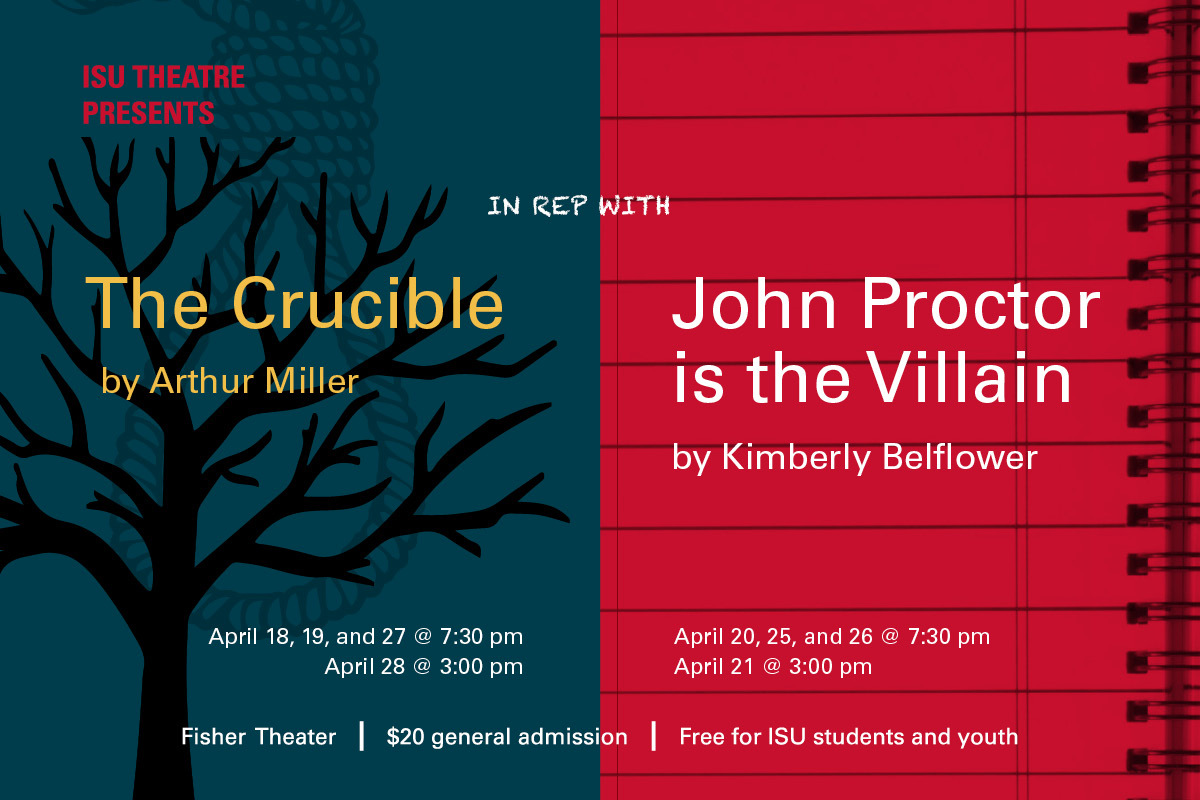A campuswide effort to explore and implement micro-credentials is based in the Center for Excellence in Learning and Teaching (CELT). You may have heard of micro-credentials, but what are they and how can they help students and employers?
"Micro-credentails are bite-sized chunks of knowledge and skills that can be showcased to employers," said CELT micro-credentials program specialist Tanya Austin. "This can help learners be competitive and showcase in-demand employment skills that may be invisible on a traditional transcript."
Austin will help colleges, departments and units develop these credentials in her role, which was created from recommendations at the conclusion of a task force convened last spring by the office of the senior vice president and provost.
"CELT is proud to be involved in micro-credentialing and excited about its innovative and student-centered approach," said assistant provost and CELT executive director Sara Marcketti. "This is another way Iowa State is staying competitive, building strong partnerships with industries and empowering lifelong learning within a rapidly changing workforce and higher education environment."
The flexibility of micro-credentials is a draw: They can be for credit or not for credit, standalone or stacked, and correspond to a badge that can be shared on social media or elsewhere as a digital verification of skills.
Austin said micro-credentialing is gaining traction in industries and institutions as a valuable and customizable way to showcase knowledge, skills or abilities achieved in short-term learning modules or co-curricular activities.
"Iowa State wants to ensure consistency in the marketing and brand quality of micro-credentials so learners and external audiences can identify them with Iowa State's reputation," she said.
Making micro-credentialing a reality at Iowa State
Austin brings experience to Iowa State's micro-credentialing effort. Prior to joining CELT, Austin helped develop the Gerdin Leaders Academy in the Ivy College of Business. The program piloted micro-credentials, and Austin saw firsthand the benefits for students and employers.
Micro-credentialing at ISU
- Tuesday, April 23, 2:30-3:30 p.m.
- 2206 Student Innovation Center
- Host: CELT micro-credentials program specialist Tanya Austin
Austin is leading a work group that will determine Iowa State's guidelines around micro-credentialing practices, procedures and governance as well as badge design, technology, awarding and marketing, and how those ideas will be consistently applied across the university. The work group includes staff, faculty, stakeholders, and career services and ISU Extension and Outreach professionals.
Four pilot programs could help develop a proposed model for use across the university. The projects are in the Ivy College of Business, CELT's Course Design Institute, the College of Engineering (cybersecurity) and the College of Agriculture and Life Sciences (Pathways to Innovation and Leadership program).
To share information about micro-credentialing opportunities, Austin will host an open forum Tuesday, April 23 (2:30-3:30 p.m., 2206 Student Innovation Center). Participants can ask questions and contribute ideas.
She said opportunities for micro-credentialing exist across campus. Micro-credentials could be implemented to help learners be competitive, whether you are faculty, career services, student affairs, campus student employment, a student organization or other student-facing unit on campus.
Those interested in developing micro-credentials should contact Austin at celt@iastate.edu or tjaustin@iastate.edu to begin a conversation.

